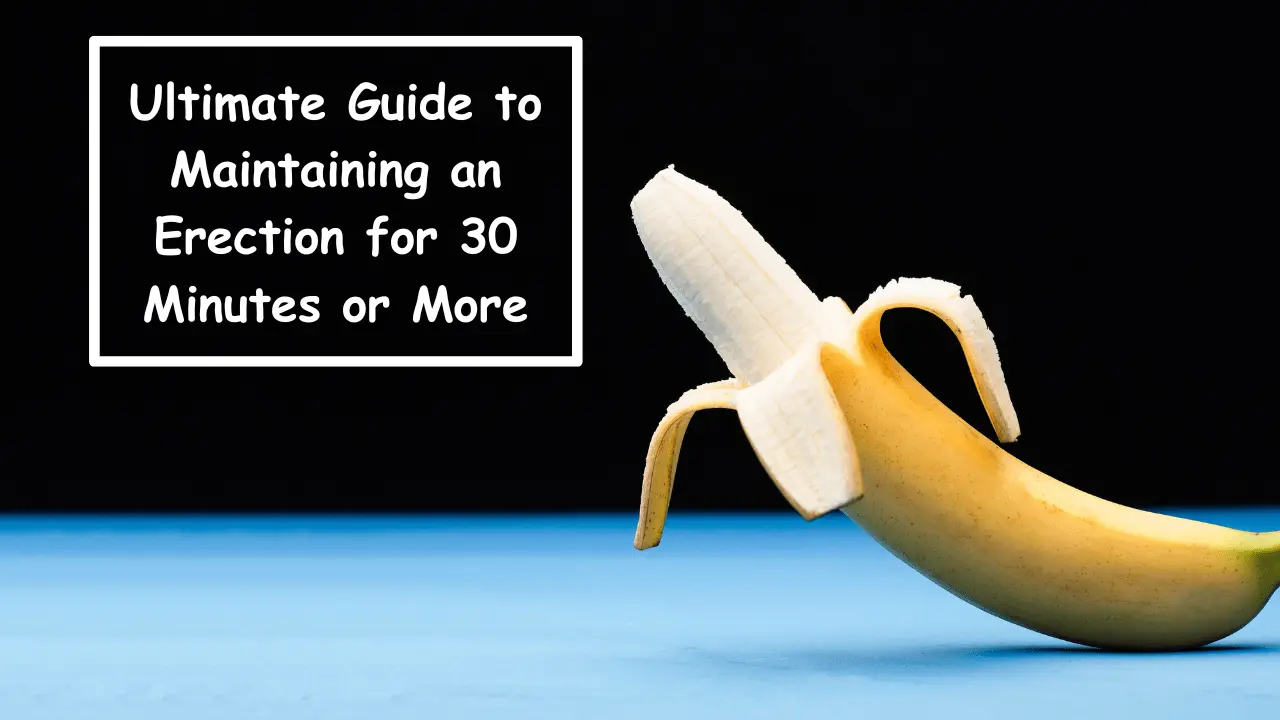If you have been struggling to get a restful night’s sleep, you know how the best sleeping tablets can change that scenario. Sleeping tablets are medications designed to help you fall asleep or stay asleep. And since quality sleep is an essential factor determining a person’s overall health, a sleeping tablet or psychotherapy can effectively treat insomnia patients. However effective they may be, even the best sleeping tablets tend to have serious side effects. Hence, it is always better to consult a doctor if you have sleep problems to get the most benefits from using these tablets with minimal side effects.
How do sleeping pills work?
Each type of sleeping pill works differently. Your medical history and symptoms will determine the best sleeping tablets for you. Some sleep aids can make you feel drowsy, while others work by silencing the receptors in your brain that keep your body alert.
- Most over-the-counter sleeping pills contain antihistamines, which work by blocking histamines, which are responsible for your body’s alertness. Diphenhydramine and doxylamine are common ingredients in antihistamines.
- There are some natural sleep aids, too, depending on the supplements you take and your lifestyle changes. Melatonin, a natural sleep hormone in our body, controls our sleep-wake cycle by influencing when you fall asleep and wake up. The roots extracted from Valerian produce a calming effect on your nervous system to help give you a good night’snight’s sleep.
- Prescription sleep medications are mostly Benzodiazepines, which work by stimulating a chemical in your brain called GABA receptors, which causes a sedative effect, leading to muscle relaxation and reduced anxiety. Z-drugs work by slowing the activity in your brain to promote a soothing effect.
Potential Sleep Aid Benefits
Sleeping pills can be effective, but the best sleeping tablets are effective and beneficial for sleep health, with minimal to no side effects.
- The primary benefit of most sleep aids is that they induce a soothing action inside your brain, producing drowsiness that aids you in falling asleep, increasing the likelihood of you staying asleep throughout the night.
- Most sleep medications are treated as a short-term treatment for sleep disorders that can help alleviate daytime drowsiness and imbalanced thinking from sleep deprivation.
- The best sleeping tablets can fix and reset your sleep schedule for better quality and quantity of sleep.
- However, most sleep aids are not meant for long-term use due to their tendency to be habit-forming.
- Therefore, if you need a proper treatment for sleep disorders like insomnia, it often combines a sleep aid with practical steps, like improving sleep hygiene and some necessary lifestyle changes.
- Consulting a doctor is essential for thoroughly treating your sleep troubles so you can get quality sleep every night without relying on sleep medication.
When Sleep Medications Are Prescribed?
Doctors tend to recommend the best sleeping Pills for people who struggle with chronic sleep issues, most commonly insomnia, that substantially interfere with their day-to-day functioning. When you consult a healthcare professional, they are more likely to advise behavioural therapies and lifestyle modifications, sometimes called “sleep hygiene,” before suggesting any medicine or, at times, combined with it. A patient’s health history, the type of sleep disturbance, risk-benefit ratio and efficacy of treatment, plays a crucial role during the medicine selection process.
Depending on the type of sleep difficulties caused by underlying medical history or psychological disorders, the doctor might recommend alternative treatment plans to treat your sleep problems. While the best Sleeping tablets can be helpful if you are going through a difficult time and finding it hard to sleep, combining them with some sleep hygiene can help you get back on track.






